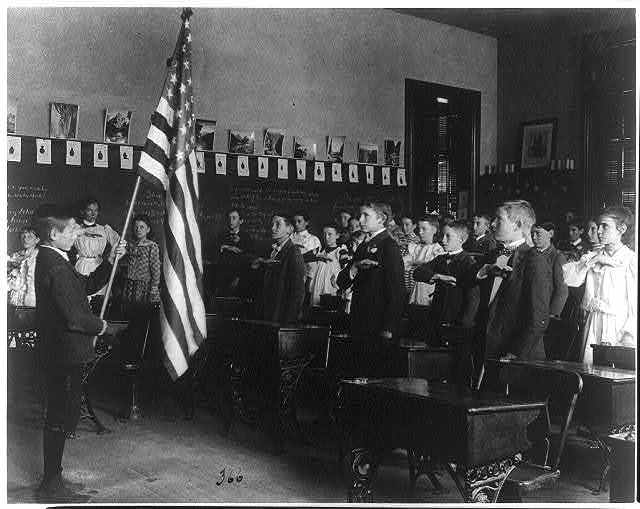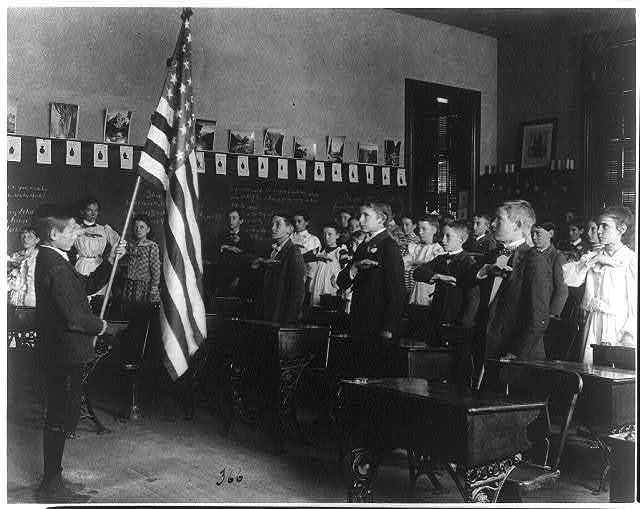Authors:
Historic Era: Era 10: Contemporary United States (1968 to the present)
Historic Theme:
Subject:
Spring 2023 | Volume 68, Issue 2


Authors:
Historic Era: Era 10: Contemporary United States (1968 to the present)
Historic Theme:
Subject:
Spring 2023 | Volume 68, Issue 2

Editor's Note: Richard Haass was a senior diplomat in the State Department and has been president of the Council on Foreign Relations since 2003. A frequent television commentator, Haass has written over a dozen books including the recently published The Bill Of Obligations: The Ten Habits Of Good Citizens, from which this essay was adapted.
No people should assume that their history, their heritage, is automatically handed down to the next generation. Collective identity, along with an appreciation and understanding of what lies behind it, is a matter of teaching, not biology.
This is true of particular groups of people, be they defined by religion or gender or race or geography or history. It is no less true of a people who constitute a nation — in this case, the American nation.
What worries me is that we are failing to fulfill the obligation to pass down the essentials of what it means to be an American and a citizen of the United States of America. Ironically, this does not apply to the newest citizens, immigrants. They often understand this country and its worth as much as or more than anyone. After all, they chose to come here. They studied to pass the exam required for citizenship. They often escaped a country where economic opportunities were limited, where they did not have the freedom to speak their minds or practice their religions. In many cases, they voted with their feet so they could vote.
Instead, I am alluding to the many Americans who were born and grew up here but never received a proper understanding of their heritage, or forgot what they once knew. It is instructive that Ronald Reagan devoted the traditional warning found in many presidential farewell addresses to just this point. He began by noting his satisfaction with the “resurgence of national pride,” what he called the “new patriotism,” that occasioned his presidency, but then added this: “This national feeling is good, but it won’t count for much, and it won’t last unless it’s grounded in thoughtfulness and knowledge. An informed patriotism is what we want. And are we doing a good enough job teaching our children what America is and what she represents in the long history of the world?”
For Reagan, the answer to his question was an emphatic “No.” How did this come to be? Many schools do not take it upon themselves to teach about this country, possibly because some assume that the transmission of our past and its relevance to the present is automatic and already happening. Or they are not familiar with the central elements of the tradition. Or they do not